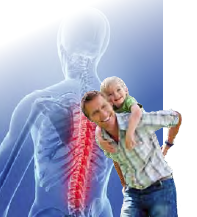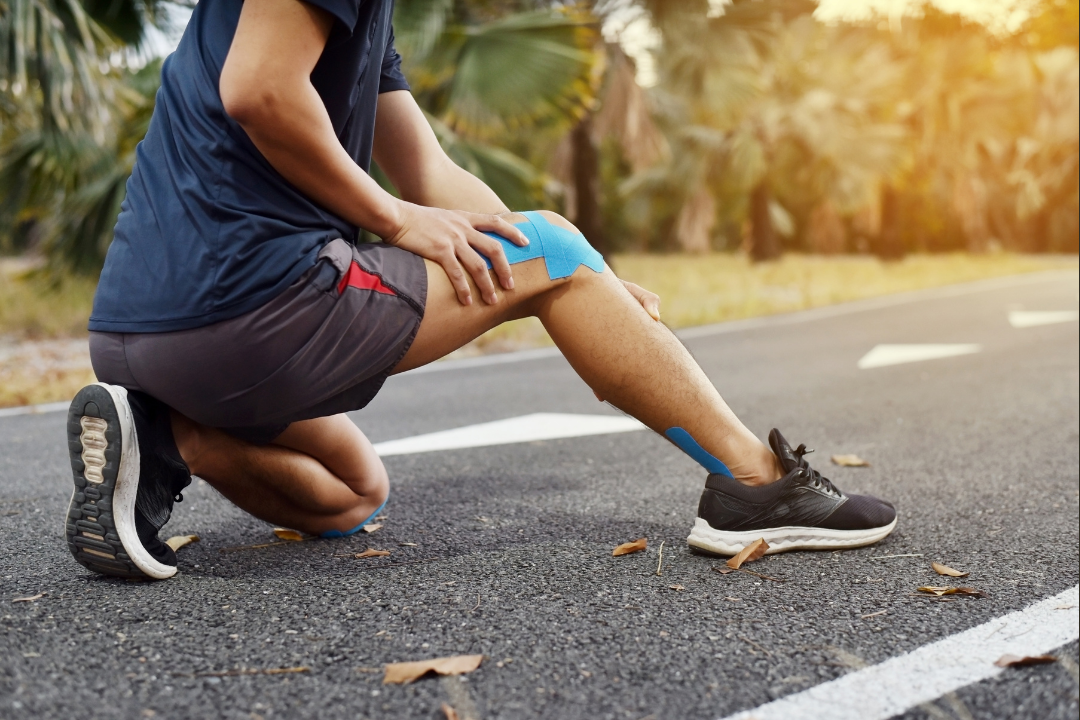 Disc disease inherited
Disc disease inherited
Salt Lake City—USA
We know that many health-related issues are influenced by genetics, now we can add symptomatic lumbar disc disease to the list. When assistant orthopedic surgery professor and researcher Alpesh A Patel from the University of Utah School of Medicine examined health and family records of 1,264 individuals with lumbar disc disease he found “evidence based on a population of more than 2 million people, indicating there likely is a genetic component in the development of this disease. Additionally, the factors that differentiate a symptomatic disc from a non-painful disc may also be affected by genetics.” He commented that, “this study identified high-risk families in the Utah population, which can be studied to identify genes responsible for this predisposition. Identification of these specific genes may help in the future development of drugs or other interventions to prevent and/or treat lumbar disc disease in the public at large.”
Motorcycle helmets lower cervical spine injuries
Baltimore—USA
“We are debunking a popular myth that wearing a helmet while riding a motorcycle can be detrimental during a motorcycle crash,” said Adil H Haider, assistant professor of surgery at the Johns Hopkins University School of Medicine and first author of a study published in the Journal of the American College of Surgeons. Over the past 40 years numerous states have repealed their mandatory helmet laws with only 20 states currently requiring motorcyclists to protect their heads. In addition to reducing brain injury and death, this recent study has shown a helmet will also help to lower the risk of cervical spine injury in an accident, by 22%. Information on over 40,000 motorcycle collisions between 2002 and 2006 was reviewed to evaluate the impact of helmet use on injury.
 Health information: who seeks what on the web
Health information: who seeks what on the web
Washington—USA
We all know that many people use the internet as a source of information about their health. The Pew Internet Project and California HealthCare Foundation have put a face to the people who are most likely to conduct health searches: those who are younger [between 18 and 49], from higher income households, and college-educated. Less than 50 % of African American and Latino adults use the internet for health related information. What are people looking for? Sixty-six percent want to know about a specific disease or medical problem. Researchers found that 44 % of users seek information about doctors or other health professionals, while 16 % look to learn about medical test results. Those who report that they live with a disability are less likely to have internet access.
Supersmall neurostimulator for chronic back pain
Eveleigh—Australia
For those with chronic back pain everyday activities can seem like insurmountable obstacles. Higher rates of depression and anxiety, sleep disturbance, and decreased physical activity are also associated with chronic pain. An old device in a new package is making its way to clinical trials and purportedly will offer pain relief in an unobtrusive way. Researchers from NICTA, an Australian information and communication technology research institute, have developed microscopic implantable chips called neurostimulators that link with small batteries and a computer to deliver 10 volt pulses of electricity when pain signals traveling up the spinal cord are detected; ideally stopping the pain before it reaches the brain for processing. The device can fit into a 1.22 mm lead making it the smallest of neurostimulators developed thus far.
Source: InSpine, The International Journal for Spine Professionals, Volume 7








